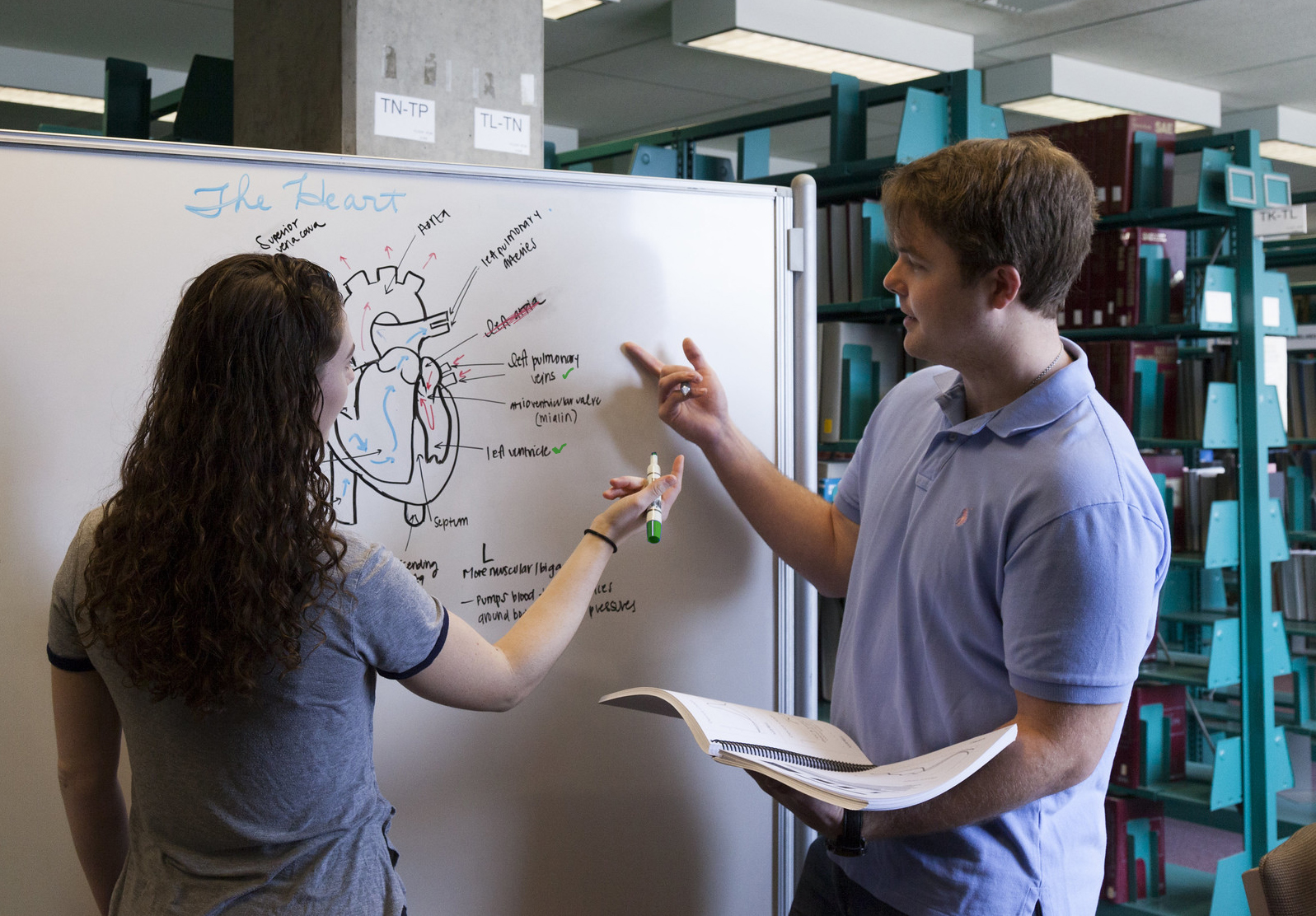Eleven Years Of High Potential: Assessing Its Impact On Psych-Spiritual Growth

Table of Contents
Defining "High Potential" and Psych-Spiritual Growth
Understanding the scope of this research requires clearly defining its core concepts. "High potential" individuals, often referred to as gifted individuals or those with exceptional talent, possess a unique combination of traits. This includes superior intellectual capacity, demonstrated by high IQ scores and advanced cognitive abilities, coupled with exceptional emotional intelligence. They often exhibit remarkable creativity, problem-solving skills, and significant leadership potential. Their capacity for innovation and impactful contributions sets them apart.
Psych-spiritual growth, on the other hand, encompasses a journey of self-discovery and transformation. It's about cultivating self-awareness – a deep understanding of one's thoughts, emotions, and motivations – and developing mindfulness, the ability to be present and fully engaged in the current moment. This journey also involves fostering compassion, both for oneself and others, and discovering a sense of purpose – a strong feeling of meaning and direction in life. Finally, it often includes a connection to something larger than oneself, whether that's spirituality, nature, or a strong sense of community.
- Examples of psych-spiritual practices: Meditation, yoga, journaling, spending time in nature, engaging in creative expression, and acts of service.
Related keywords: Gifted individuals, talent development, spiritual awakening, inner peace, self-actualization.
The Longitudinal Study: Methodology and Participants
This research involved an extensive eleven-year longitudinal study, a powerful approach for understanding long-term developmental trends. The study design allowed us to track changes in psych-spiritual growth within the same individuals over an extended period.
Participant selection focused on identifying high-potential individuals based on a combination of factors. These included standardized intelligence tests (IQ scores above 130), assessments of emotional intelligence (EQ), teacher recommendations, and evidence of exceptional achievement in academic or extracurricular activities. The sample size included 150 participants, with a relatively even distribution across genders and socioeconomic backgrounds.
Data was collected using a mixed-methods approach. This included semi-structured interviews to explore personal experiences in depth, questionnaires to gather quantitative data on various aspects of psych-spiritual well-being, and well-established psychometric assessments to measure changes in emotional intelligence and personality traits over time.
Related keywords: Longitudinal research, qualitative research, quantitative research, gifted education, talent identification.
Key Findings: Psych-Spiritual Development Over Eleven Years
Our findings reveal compelling evidence of significant psych-spiritual development amongst high-potential individuals over the eleven-year period.
Increased Self-Awareness and Emotional Regulation
Participants demonstrated marked improvements in self-understanding and emotional intelligence. They developed a greater capacity for emotional regulation, effectively managing stress and challenging emotions more skillfully.
- Specific examples: Many participants reported using mindfulness techniques to manage anxiety, while others developed strategies for healthy conflict resolution and communication.
Related keywords: Emotional regulation techniques, mindfulness practices, self-compassion, emotional intelligence training.
Growth in Purpose and Meaning
A significant finding was the substantial growth in purpose and meaning experienced by many participants. They showed increasing engagement in activities aligned with their core values. This often led to greater life satisfaction and a more profound sense of fulfillment.
- Examples: Several participants changed careers to align with their values, while others became actively involved in social causes or community initiatives.
Related keywords: Finding your purpose, values clarification, life purpose, meaning making, existential psychology.
Enhanced Relationships and Social Connection
The study also revealed positive impacts on participants' relationships and social connections. They developed a greater capacity for empathy and compassion, leading to stronger, more fulfilling relationships.
- Study evidence: Participants consistently reported improvements in the quality of their intimate relationships, friendships, and professional collaborations.
Related keywords: Social connection, interpersonal relationships, empathy, compassion, social support.
Challenges and Obstacles Faced by High Potential Individuals
Despite their significant achievements, high-potential individuals often face unique challenges. Perfectionism and self-criticism can be debilitating, leading to burnout and overwhelm. Difficulty with self-acceptance and vulnerability can also hinder their overall well-being.
- Strategies to overcome these challenges: Self-compassion exercises, setting healthy boundaries, seeking support from mentors or therapists, and practicing self-forgiveness.
Related keywords: Perfectionism, burnout recovery, self-acceptance, vulnerability, high-achiever syndrome.
Implications for Personal and Professional Development
These findings underscore the importance of tailored support and development programs for high-potential individuals. Mentorship and coaching play a crucial role in guiding their growth and helping them navigate the unique challenges they face. Integrating psych-spiritual practices into personal and professional development initiatives can significantly enhance their overall well-being and fulfillment.
- Recommendations: Incorporate mindfulness training, emotional intelligence workshops, and purpose-finding exercises into leadership development programs.
Related keywords: Leadership development, talent management, personal growth, coaching, executive coaching, personal development plan.
Conclusion
Eleven years of data reveal significant psych-spiritual growth in high-potential individuals, marked by increased self-awareness, purpose, and meaningful connections. However, challenges like perfectionism and burnout need to be proactively addressed. Understanding the unique psych-spiritual development journey of high-potential individuals is crucial. Invest in programs that nurture their growth and help them thrive. Explore resources and strategies to support your own or others' high potential and psych-spiritual growth. Unlock your potential and embark on a journey of profound personal transformation.

Featured Posts
-
 Vozvraschenie Kinga V Sotsset X Konflikt S Maskom
May 10, 2025
Vozvraschenie Kinga V Sotsset X Konflikt S Maskom
May 10, 2025 -
 Stock Market Report Sensex And Niftys Day Highs And Ultra Techs Decline
May 10, 2025
Stock Market Report Sensex And Niftys Day Highs And Ultra Techs Decline
May 10, 2025 -
 Geopolitical Shifts Greenland Denmark And The Trump Administrations Impact
May 10, 2025
Geopolitical Shifts Greenland Denmark And The Trump Administrations Impact
May 10, 2025 -
 Makron Starmer Merts I Tusk Proignorirovali Priglashenie V Kiev 9 Maya
May 10, 2025
Makron Starmer Merts I Tusk Proignorirovali Priglashenie V Kiev 9 Maya
May 10, 2025 -
 Tesla Stock Decline And Tariffs Contribute To Elon Musks Reduced Net Worth
May 10, 2025
Tesla Stock Decline And Tariffs Contribute To Elon Musks Reduced Net Worth
May 10, 2025
